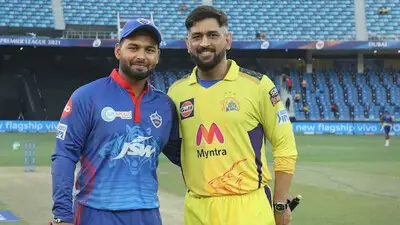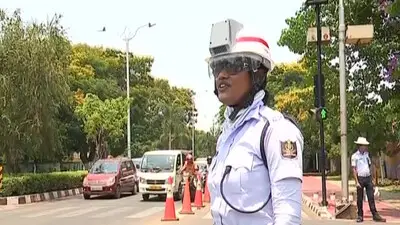Recommended Stories
The rich nations including including the US, Canada and Japan have continued to mount pressure on the eurozone nations to do more to strengthen their economies.
European nations, however, are pitching for greater contribution to the IMF from rich as well as developing nations so that the international body can have an adequate war-chest to combat the global crisis.
It has been suggested that the 17-nation bloc combine its temporary European Financial Stability Facility (EFSF) with the permanent European Stability Mechanism, to come into force in July, to provide a war chest of around 750 billion euros (USD 1 trillion).
"We still have to build the mother of all firewalls," Organisation for Economic Cooperation and Development (OECD) Secretary General Angel Gurria said here.
Echoing similar views, US Treasury Secretary Timothy F Geithner said that although European countries had made progress over the past few months in averting a catastrophic financial failure, more steps are required to "put in place a stronger, more credible firewall".
Europe is constructing a permanent fund - European Stability Mechanism - of USD 668 billion. It will be in place this summer. The ministers of the eurozone are expected to deliberate on whether to increase it to around USD 1 trillion in a meeting in early March.
German Finance Minister Wolfgang Schaeuble, however, fought back at such suggestions, contending that pumping money endlessly made little economic sense. .
Schaeuble insisted that the eurozone had already "done its homework" and put the onus on others.
"Let me be clear... it doesn`t make any economic sense to follow the calls... for endlessly pumping money into the rescue funds... This would create disincentives for countries to carry on consolidating and reform and would not improve the eurozone`s economic outlook," he said.
Germany and other European nations are seeking support of countries like the US, China and Japan for an additional USD 500 billion of resources for the IMF.
Although Eurozone members have committed an additional 150 billion euros in bilateral loans, America has refused to put in more money.
Japanese news agency Kyodo quoted Japan`s Finance Minister Jun Azumi as saying, "IMF will not be able to get away without doing anything (to help the eurozone economies)".
The other important issues which were raised by the emerging economies was the appointment of next World Bank President. World Bank President Robert Zoellick is stepping down in June and he has decided not to seek a second term.
The World Bank provides development aid to poor countries and its president is one of the world`s top policy makers.
The BRICS nations have sought an end to US dominance over the body, asking for the appointment to be based on merit and "not on nationality".
Brazil`s finance minister Guido Mantega also said that the emerging countries will help boost IMF funds if they are given more decision-making power at the fund and the eurozone bolsters its financial firewall.












